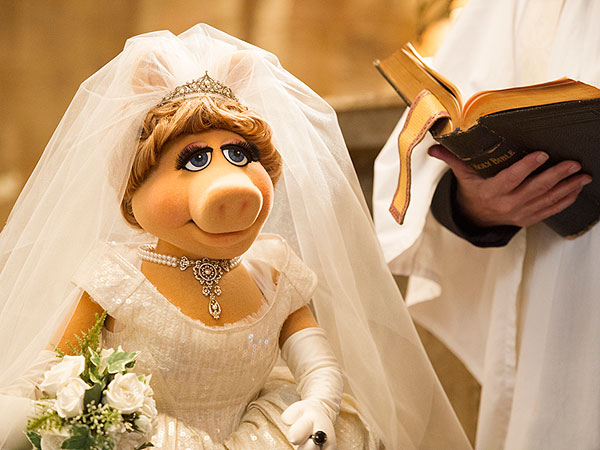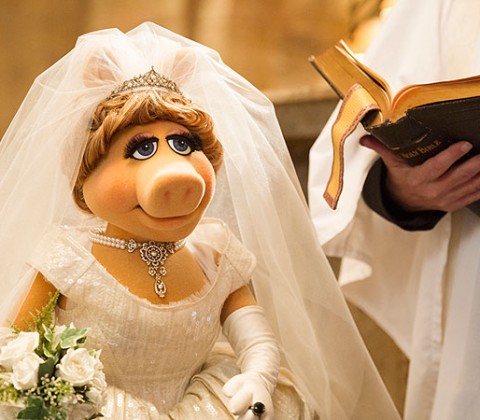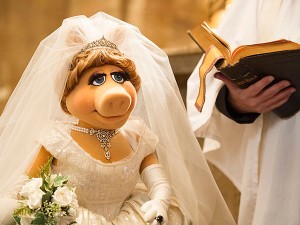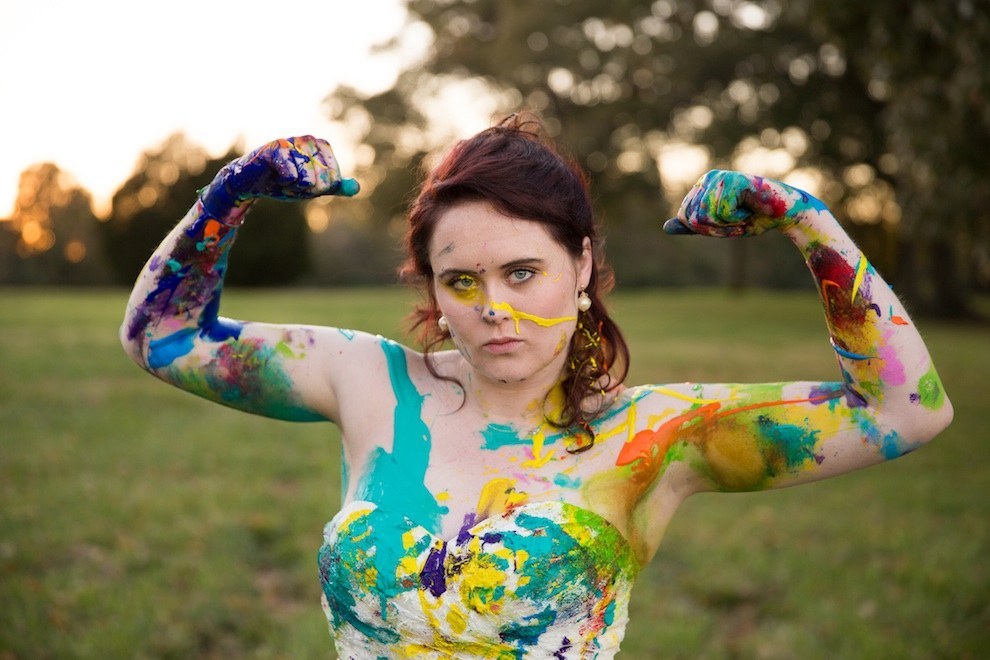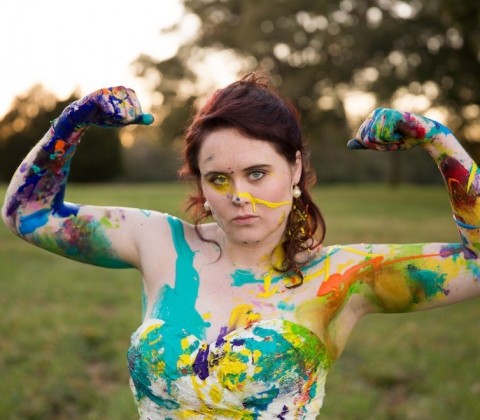Posts Tagged: wedding industrial complex
Finding A Natural Approach to Wedding Skincare
 When Joanna Shu and I first saw The Devil Wears Prada, we agreed Anne Hathaway had it much easier than us. Our first jobs out of college were far worse, there was no free designer clothing and plenty of modern sexism to endure as two of the few women in the office. Without getting into specifics, our boss’s daily mistreatment made Meryl Streep’s character look like a sweet puppy. It’s no wonder that we forged a deep friendship as a result, and it’s definitely no wonder that both of us, almost a decade later, have set out to work for ourselves; myself as a visual artist and writer, and Shu as the founder and COO of Refresh Skin Therapy.
When Joanna Shu and I first saw The Devil Wears Prada, we agreed Anne Hathaway had it much easier than us. Our first jobs out of college were far worse, there was no free designer clothing and plenty of modern sexism to endure as two of the few women in the office. Without getting into specifics, our boss’s daily mistreatment made Meryl Streep’s character look like a sweet puppy. It’s no wonder that we forged a deep friendship as a result, and it’s definitely no wonder that both of us, almost a decade later, have set out to work for ourselves; myself as a visual artist and writer, and Shu as the founder and COO of Refresh Skin Therapy.
As The Feminist Bride, I’m always on the look out for companies that meet fiancé’s wedding needs without sucking them down the deep, dark consumerist hole that is the wedding industrial complex. I’m also interested in featuring companies that promote and support women either socially or professionally (e.g. there are way too few companies with women in leadership positions). Shu, a divorced single-mom of two and leader of this vegan skincare line, fit the bill perfectly. So I wanted to ask Ms. Shu how Refresh Skin Therapy fits into the bridal beauty industry and what sets her and her company apart from the others.


The Flaw in Tiffany & Co.’s Same-sex Engagement Ring Ad
Everyone’s favorite breakfast shop and jeweler, Tiffany & Co. has just released a new engagement ring ad, “Will you?” featuring a real life same-sex couple. Like an engagement, there’s plenty of reason to celebrate when a company diversifies its ad campaigns to include more than just white heterosexuals. J. Crew, The Gap, JC Penny and Ray-Ban are just a few of the companies that are starting to cater to the LGBT market. However, before we pop that champagne there’s still plenty to consider.
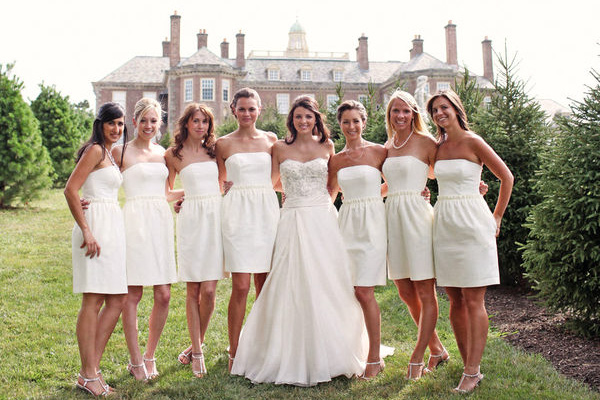
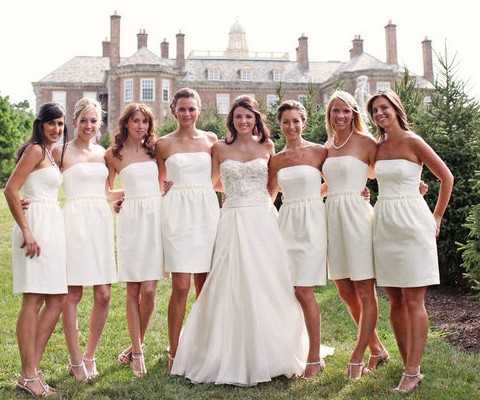
Can Guests Wear White to A Wedding?
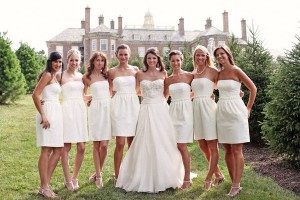 Wearing white is difficult. You gotta wear matching colored underwear or none at all. You can’t get caught in the rain, especially if you chose not to wear that underwear. As women you gotta be extra secure when your Aunt Flo is in town or when you’re eating a meatball sub. You can’t wear it after Labor Day because some snobby rich, white people in the 19th century said you can’t, but never elaborated when that rule is lifted, meaning technically you can’t wear it all year. But you can wear it if you’re part of a private tennis club, in a cult, getting baptized or a bride…
Wearing white is difficult. You gotta wear matching colored underwear or none at all. You can’t get caught in the rain, especially if you chose not to wear that underwear. As women you gotta be extra secure when your Aunt Flo is in town or when you’re eating a meatball sub. You can’t wear it after Labor Day because some snobby rich, white people in the 19th century said you can’t, but never elaborated when that rule is lifted, meaning technically you can’t wear it all year. But you can wear it if you’re part of a private tennis club, in a cult, getting baptized or a bride…
Oh ya, and most people and etiquette books will tell you it’s a huge no-no to wear white to a wedding, but is that really the case?

